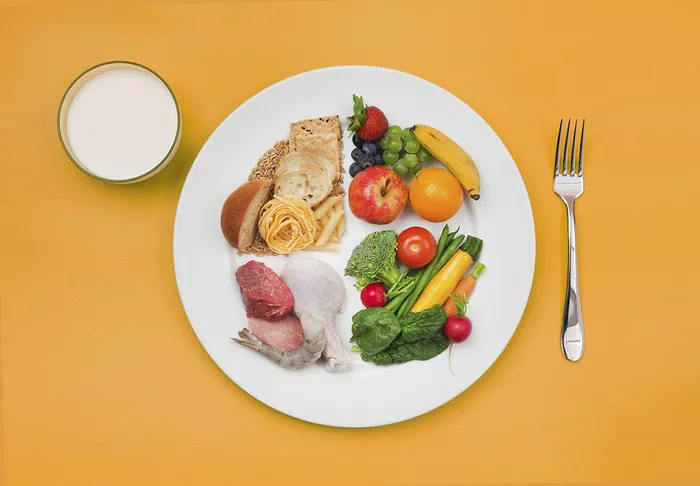When it comes to jumpstarting your day, there’s nothing quite like a wholesome breakfast. Breakfast is often hailed as the most important meal of the day, and for good reason. It provides you with the energy and nutrients needed to kickstart your metabolism, improve cognitive function, and maintain a healthy weight. In this article, we’ll explore a variety of breakfast options, each carefully crafted to meet your morning needs. Let’s delve into the world of breakfast and discover what makes a good breakfast to start your day right.
1. The Balanced Breakfast:
A good breakfast should strike a balance between carbohydrates, proteins, and healthy fats. Here are a few components to consider:
a. Whole Grains: Start your day with the goodness of whole grains like oatmeal, whole wheat bread, or brown rice. These complex carbohydrates provide a steady release of energy throughout the morning, keeping you full and focused.
b. Lean Proteins: Include sources of lean protein such as eggs, Greek yogurt, or tofu. Protein helps you feel satiated and aids in muscle repair and growth.
c. Healthy Fats: Incorporate sources of healthy fats like avocados, nuts, or flaxseeds. These fats support brain health and provide essential nutrients.
2. Breakfast Recipes:
Here are a few breakfast recipes that encompass the principles of a balanced breakfast:
a. Classic Oatmeal: Cook rolled oats with almond milk, top with fresh berries and a drizzle of honey for a satisfying and nutritious morning meal.
b. Veggie Omelet: Whisk eggs and fill them with diced vegetables like bell peppers, spinach, and tomatoes. Top with a sprinkle of cheese for a delightful omelet.
c. Smoothie Bowl: Blend frozen fruits with Greek yogurt and a spoonful of almond butter for a creamy and nutrient-packed breakfast bowl.
3. Special Dietary Considerations:
If you have specific dietary requirements or preferences, don’t worry—breakfast can still be enjoyable and nutritious.
a. Vegan Breakfast: Try a plant-based breakfast like avocado toast with chickpea spread or a chia pudding made with almond milk.
b. Gluten-Free Breakfast: Opt for gluten-free cereals, quinoa porridge, or a breakfast burrito wrapped in corn tortillas.
c. Low-Carb Breakfast: If you’re following a low-carb diet, consider scrambled eggs with spinach and feta or a protein-packed smoothie with unsweetened almond milk.
4. Breakfast and Health:
Research shows that starting your day with a nutritious breakfast can lead to improved concentration, better mood, and a reduced risk of overeating later in the day. It can also contribute to better weight management and lower cholesterol levels.
5. Breakfast on the Go:
For those hectic mornings when time is scarce, prepare breakfast options that are easy to grab and take with you. Examples include overnight oats, breakfast burritos, or a handful of mixed nuts and dried fruits.
Conclusion:
In conclusion, the definition of a good breakfast may vary from person to person, but it should always prioritize nutrition and taste. By considering a balanced combination of carbohydrates, proteins, and healthy fats, along with dietary preferences and time constraints, you can create a breakfast that fuels your body and sets a positive tone for the day ahead.



























